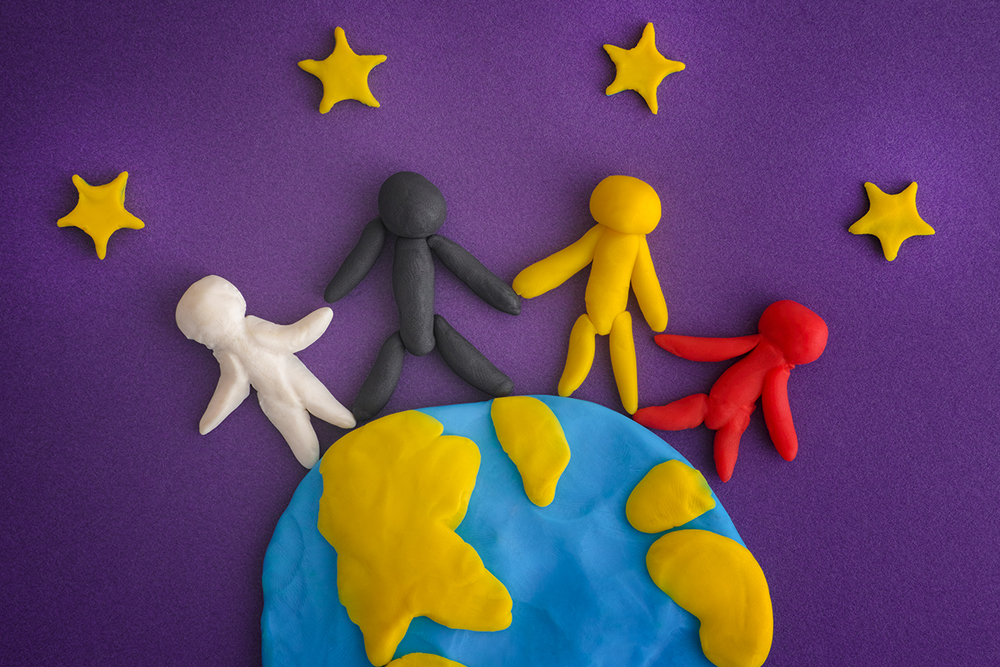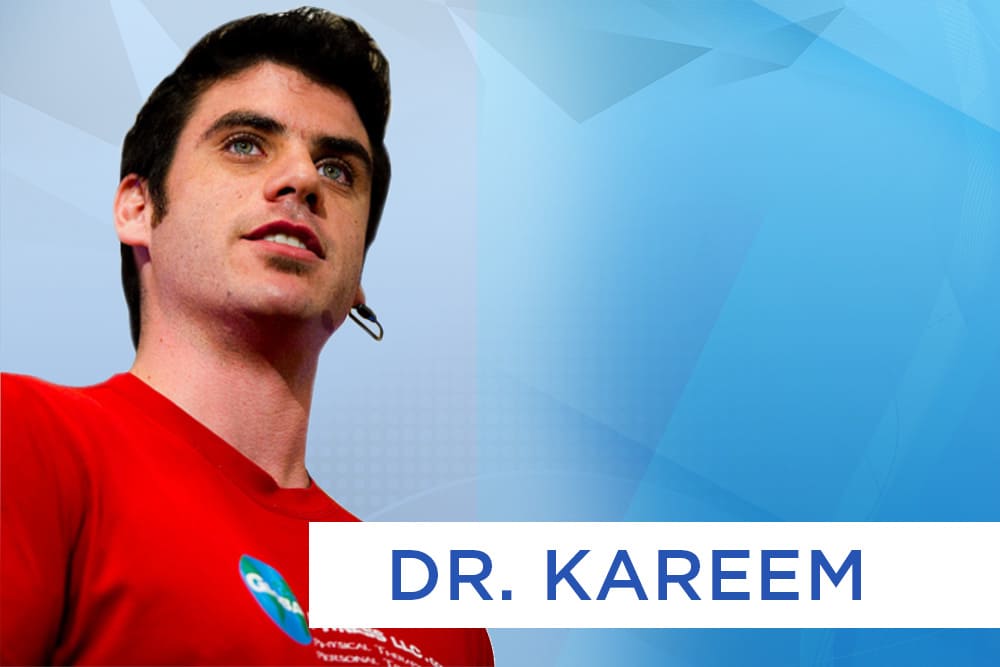If ‘thinking’ leads to ‘feeling’ and feeling is what we seek, can we shortcut the process and simply feel?
Likewise, ‘feeling’ can lead to thinking. Once we feel happy, sad, or excited, we are more likely to have thoughts that pair with a particular feeling. Our internal dialogue changes, based upon how we feel.
Sometimes, it appears nearly impossible to get out of a “funk”: defined as a string of negative thoughts.
So, if you find yourself in a funk, I recommend you cut through the BS and get right to feeling. Your thoughts may be producing the wrong feelings, and one simple word can trigger a new feeling for you, which in turn will trigger healthier thoughts for your mind.
 It’s super easy to think about a feeling, like:
It’s super easy to think about a feeling, like:- Thought cycle you may want to break: frustration (towards self and/or others)
- Feeling trigger you choose: laughter
- Memory you select to change how you feel: you think back to a time you giggled uncontrollably. Right away, my mind goes to a memory of my doggy chasing a laser light on the floor. I focus on the sounds, sights, smells, feelings on my skin, and temperature in the air as it hits my tongue while I breathe.
- New thought cycle created from this feeling: It didn’t matter how fast I went, or how long I played this game, but my doggy wanted to chase — and attack — this little red light as if it were a physical object. It was hilarious; she kept running into walls, counters, and couches before I could stop her, because she was going full speed. No matter how many times I repeated the game and giggled, she was such a great sport and kept running! Hehe, I can’t help but smile as I write this to you. Dogs can be so funny.
- Difference: In this example, you may have started out feeling ‘not good enough’, or that someone else was behaving in a way that was ‘less than’ your expectations. By shifting your mind to focus on a funny memory, you will instantly begin to think about that memory instead. You may have even found yourself giggling. When you finish thinking about your doggy, in this example, the original thoughts no longer feel as important, or charged. And when you practice, you’ll learn you don’t have to come back to your original thoughts at all. In fact, you just achieved in seconds what meditation is supposed to achieve in minutes to hours; you feel great, and that’s all that matters for your brain chemistry, mind patterns, and physiology.
Consider feelings a shortcut for thoughts, and vice versa. Since positive feelings — or emotions — are easier to work with than a string of negative thoughts, you might want to ‘use’ feeling as a means to ‘proactively’ change your thoughts, patterns, and existence.
When you change how you ‘feel’, you change how the world around you looks, you change how others perceive you, and you change the conversation; changing the conversation is what gets me excited, because this means we can go from a world of ‘lack’ or ‘scarcity’ to a world of ‘abundance’ and ‘freedom’.
You have the opportunity to feel any way you want. It’s perhaps your greatest gift. The main challenge is most of us forget we have the choice, which lets our minds automatically find challenges and problems to conquer as a survival strategy.
If left to your own accords, your mind will seek out problems and solve them.
This is a survival strategy, for if you were in nature, you would need to figure out which predators might be trying to eat you, which plants could poison you, if a storm were coming through that might destroy your shelter, or if a disease were present that might kill your children. Naturally speaking, your mind is designed to observe threats, process them, and solve them. And since solving threats is a good thing when we are out in nature, our bodies release dopamine to let us know we’ve done a great job.
- Who’s turn is it to do the dishes?
- Are you going to get another raise, so you can buy something else that makes you feel you can’t ‘quite’ afford your lifestyle?
- Did so-and-so speak to you with perfect calmness is his voice, or will you need to suddenly transform into a relationship coach and ‘fix him’?
- Is the weather really going to be lousy again, which means you’ll have to sit inside your beautiful home and relax instead of driving around in your beautiful car and feeling stressed out by traffic?
- Are you planning well enough for something in the future — like college tuition for your children, or retirement — that may ultimately change by the time you get there?
- What are you going to eat tonight? (there’s probably too many options, so how will you ever decide?)
- Is technology working as it’s supposed to, or are you going to have to take some personal time while you solve it?
- Increased heart rate
- Increased blood pressure
- Increased desire to void bowel/bladder due to nervousness (or opposite reaction and puckering up, if you’re worked up enough)
- Sweat response, if nervous, anxious, or moving around
- Racing mind, so you can figure out the best solution as quickly as possible
- Lower heart rate
- Lower blood pressure
- Sense of calm, or in your groove if you’re excited through laughter, as an example
- Bowel and bladder are perfectly calm (unless, of course, you laugh too hard and feel like you’re going to pee your pants, in which case, you laugh even harder)
- Sweat response only takes place if you can’t stop laughing, and it feels like you’re releasing toxins instead of producing them
- Mind is calm, focused, and delighted to join forces with you

What are your favorite feelings, and can you think of at least 1-3 memories that will instantly produce each of these feelings in the future when you want a shortcut to a new thought process (or to eliminate thoughts altogether)? Write this down and keep it accessible, please.
Sent to you with love, compassion, and gratitude,


About Author
Dr. Kareem Samhouri
Dr. Kareem Samhour is known as (perhaps) the best Doctor of Physical Therapy & Kinesiologist on the internet. People come to him for results when other methods fail, injury gets in the way, or health situation is more complicated. Dr. Kareem Samhouri exercising In fact, he and his companies reach a combined total of 1.5 MILLION people on a daily basis to help them with their health. If you ever saw Dr. Kareem on the street and mentioned something was going on with your health, however, he would volunteer and offer to help you for free... that's the Dr. Kareem way.







